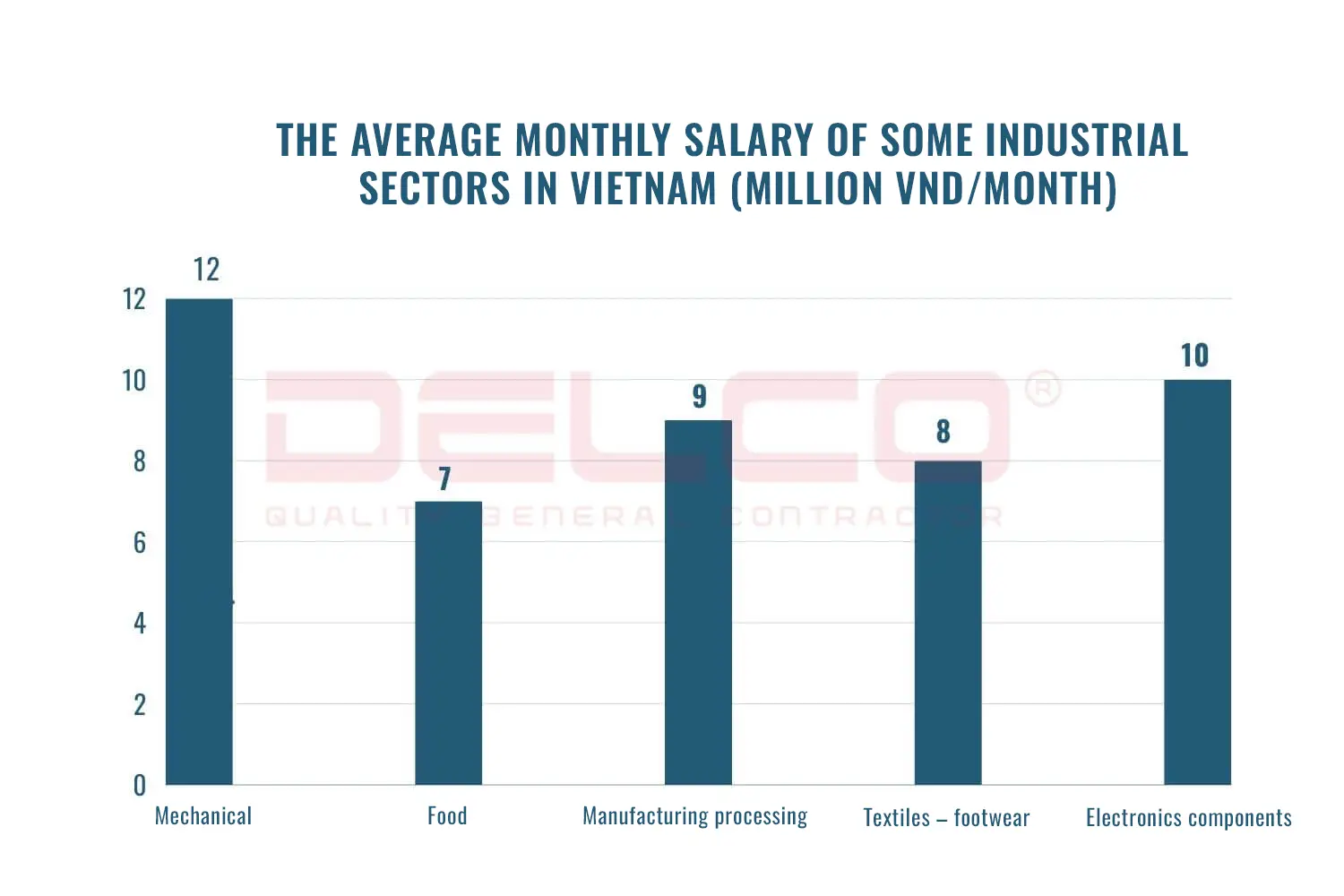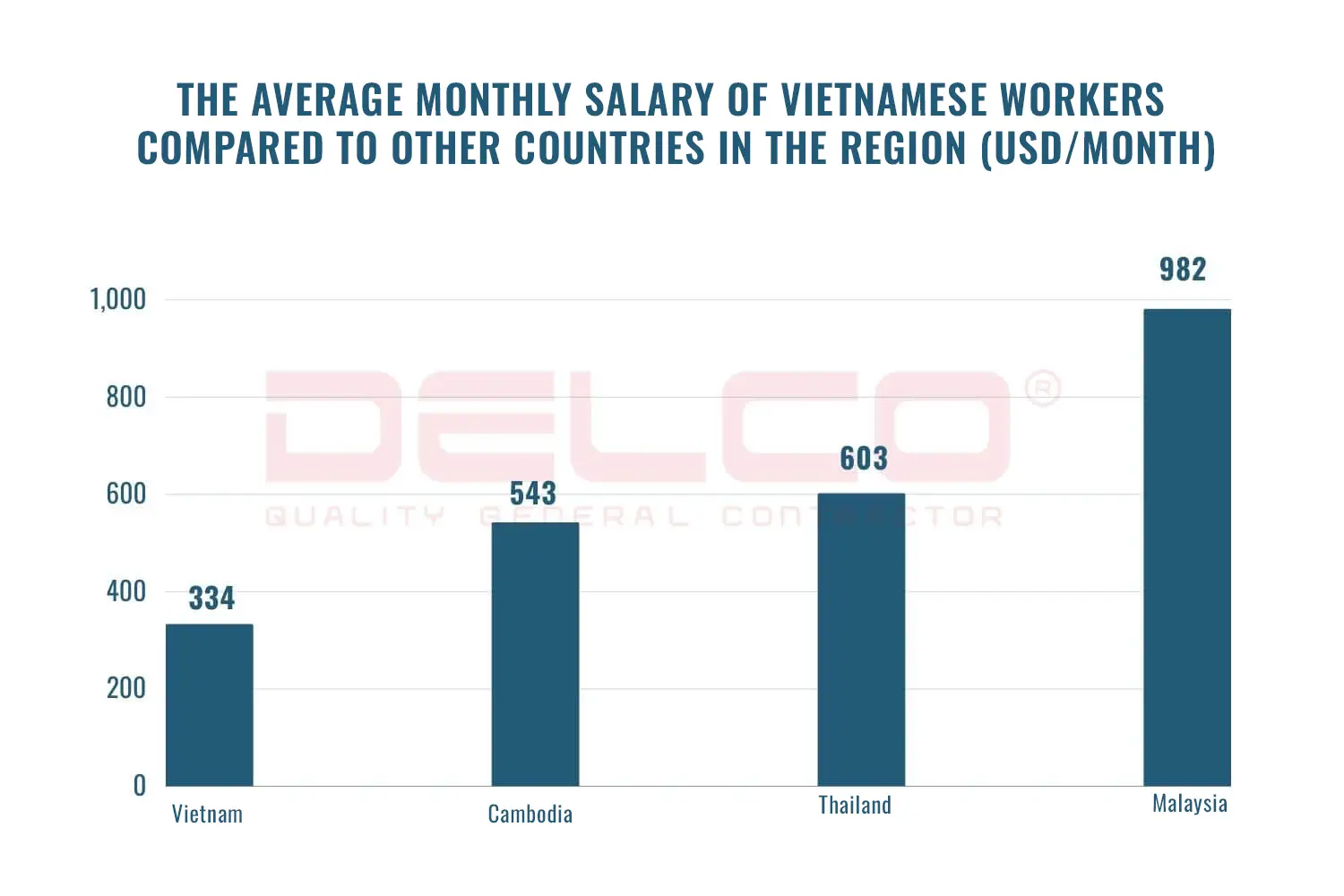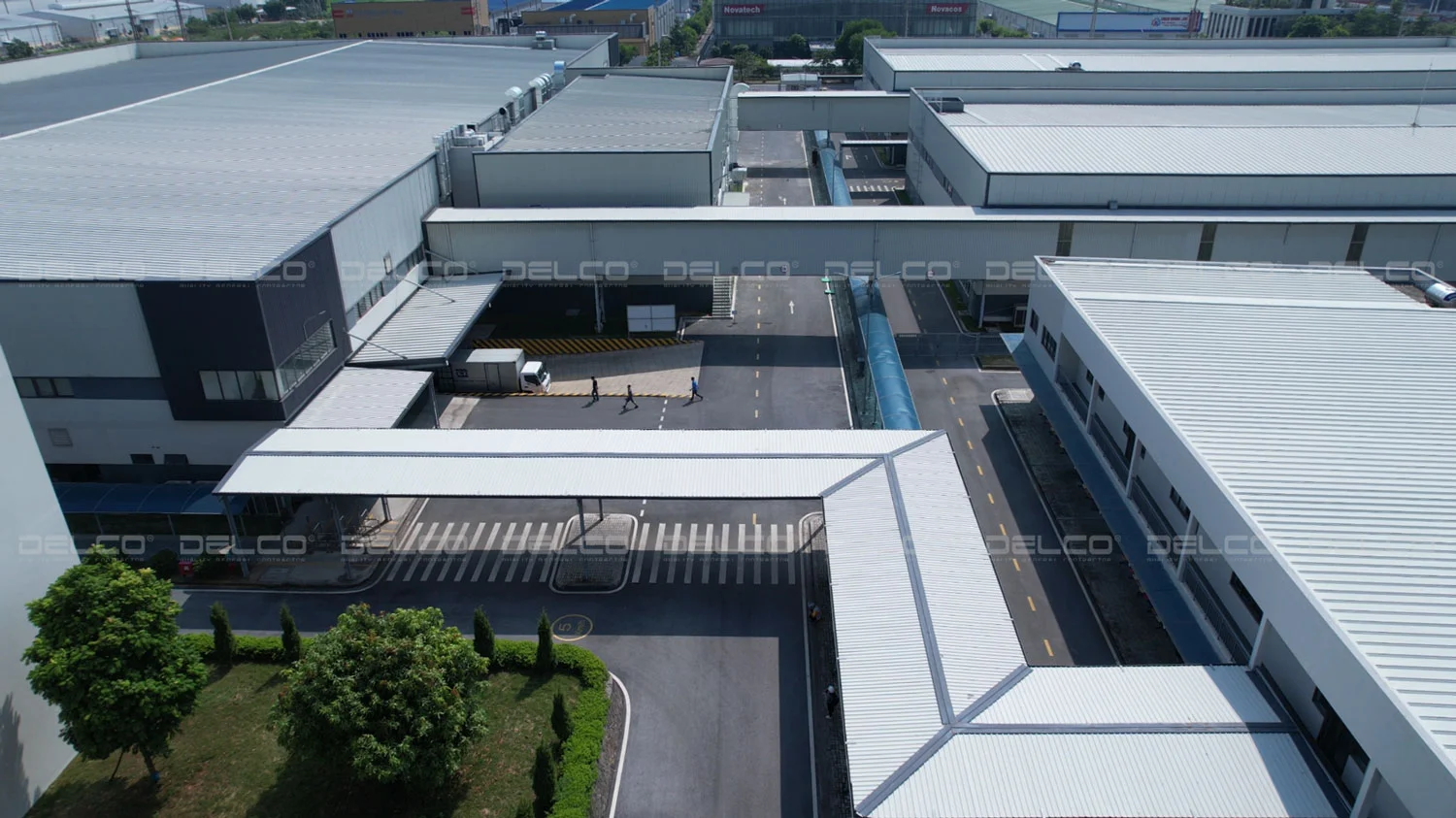Many FDI investors believe that Vietnamese workers have a habit of comparing salaries between different factories, with the mindset of “The grass is always green on the other side of the fence”. This is not wrong, but alongside wage issues, Vietnamese workers also pay attention to the factory’s infrastructure, overtime working hours, culture and fairness of the workplace…
Types of salaries and employee benefits in Vietnam
Like many countries in the world, Vietnam also has two concepts: gross salary and net salary. Gross salary is the total income that an employee receives, including salary, allowances, commissions… Net salary is the actual salary received by the employee after deducting insurance, personal income tax or other payables.

Vietnamese workers are mainly interested in the concept of net salary and other employee benefits such as social insurance, holiday bonuses, vacations, and annual travel… because these factors directly affect their benefits, typically social insurance, which will help them ensure a retirement fund when they retire..
According to current regulations in Vietnam, the social insurance contribution rate is 32%, of which employees pay 10.5% and businesses pay 21.5%. Paying social insurance is a policy to retain workers, helping businesses have a stable and long-term labor source
See more: Basic salary in Vietnam and actual compensation issues that investors need to know
Vietnamese workers’ psychology when negotiating salary
Expecting a decent salary to be affordable for life
The current expected salary of Vietnamese workers is mainly from 5 – 10 million VND, accounting for nearly 40%; More than 32% of job seekers have a salary of 10 – 15 million VND and only about 10% of job seekers have a salary of 15 – 21 million VND. After the Covid-19 pandemic, the inflation and financial needs increased, leading to salary expectations of Vietnamese workers to be increased annually by 10% or more instead of 6% as proposed by the Labour Union. This is often seen in industries that require highly skilled and experienced workers.

However, in the opposite trend, many workers are willing to accept reduced income due to economical difficulties and scarce jobs. This trend is clearly seen in foreign-invested enterprises, mainly in the textile and footwear industries, where many workers have lost their jobs and had reduced income due to the factory having few orders. Some provinces had a situation that workers lost their jobs when the Covid-19 pandemic broke out, such as Binh Duong (9,800 workers), Tien Giang (11,900 workers), Binh Phuoc (17,000 workers), Thanh Hoa (98,300 workers)…

Currently, the average monthly salary of Vietnamese workers is 334 USD/month, which is still quite low compared to countries in the region such as Cambodia is 543 USD/month, Thailand is 603 USD/month, and Malaysia is 982 USD/month. Thus, Vietnam is still one of the top countries with the most competitive labor costs.
Expecting high-quality equipments
Most Vietnamese workers want to work in a safe environment with high-quality equipment such as air conditioning and ventilation systems ensure air quality in the office, good dormitory and canteen systems meet life requirements. This not only ensures the health of workers but also helps increase production productivity for businesses.

Canteen of HAEM VINA factory (Korea) with lighting, air conditioning, and ventilation systems that meet standards by DELCO as the general contractor in Song Khe – Noi Hoang Industrial Park, Bac Giang province.
Expecting to be respected and treated fairly at work
Vietnamese workers are considered to have high self-esteem. They always want to be respected and treated fairly at work. In particular, managing methods – whether the factory’s output is reasonable or not, and whether it ensures fairness – are something that every Vietnamese worker is concerned about.
Willing to work overtime to increase income
Like many developing countries, Vietnamese workers love to work overtime to earn more income which improves their lives. According to data from the Vietnam General Confederation of Labor, up to 76.2% of workers participating in the survey work overtime voluntarily and the average overtime time was 47.3 hours/month.

However, in developed countries, people often care about quality of life and look for a job that is suitable, low pressure, and comes home on time.
What should businesses keep in mind when negotiating salaries with Vietnamese workers
Offering the secure salary at the beginning
Enterprises should discuss with workers and make decisions about salary, overtime payment, performance bonuses, Tet bonuses, insurance when interviewing to ensure fair benefits for both parties. This will help businesses and workers work together more easily as well as attract suitable workers to the business, creating healthy and fair competition at work.
Offering attractive employee benefits
Providing attractive benefits such as holiday bonuses, annual travel, well-equipped accommodations including dormitories, canteens for workers… will help workers be motivated to work harder and foster a longer term commitment to the company. This is because workers can save on living expenses, and recognize their benefits when working for the enterprise. Thus, they will be more dedicated to work, leading to an improvement in labor productivity.

A garment business in Thai Binh prepares Tet gifts for all workers on the last working day of the year
Being concerned about infrastructure and working conditions
Besides being concerned about salary distribution, investors should also pay attention to infrastructure and working conditions. With the same level of salary, enterprises with better working conditions and infrastructure will attract more workers.
Applying technology to the management and timekeeping system offers a fair chance and ensures benefits for workers. This is also a factor that businesses need to focus on. A fair working environment encourages employees to focus on their tasks. Moreover, they are also willing to dedicate themselves to the business.
Reference: 5 Personality characteristics of Vietnamese workers in the workplace






